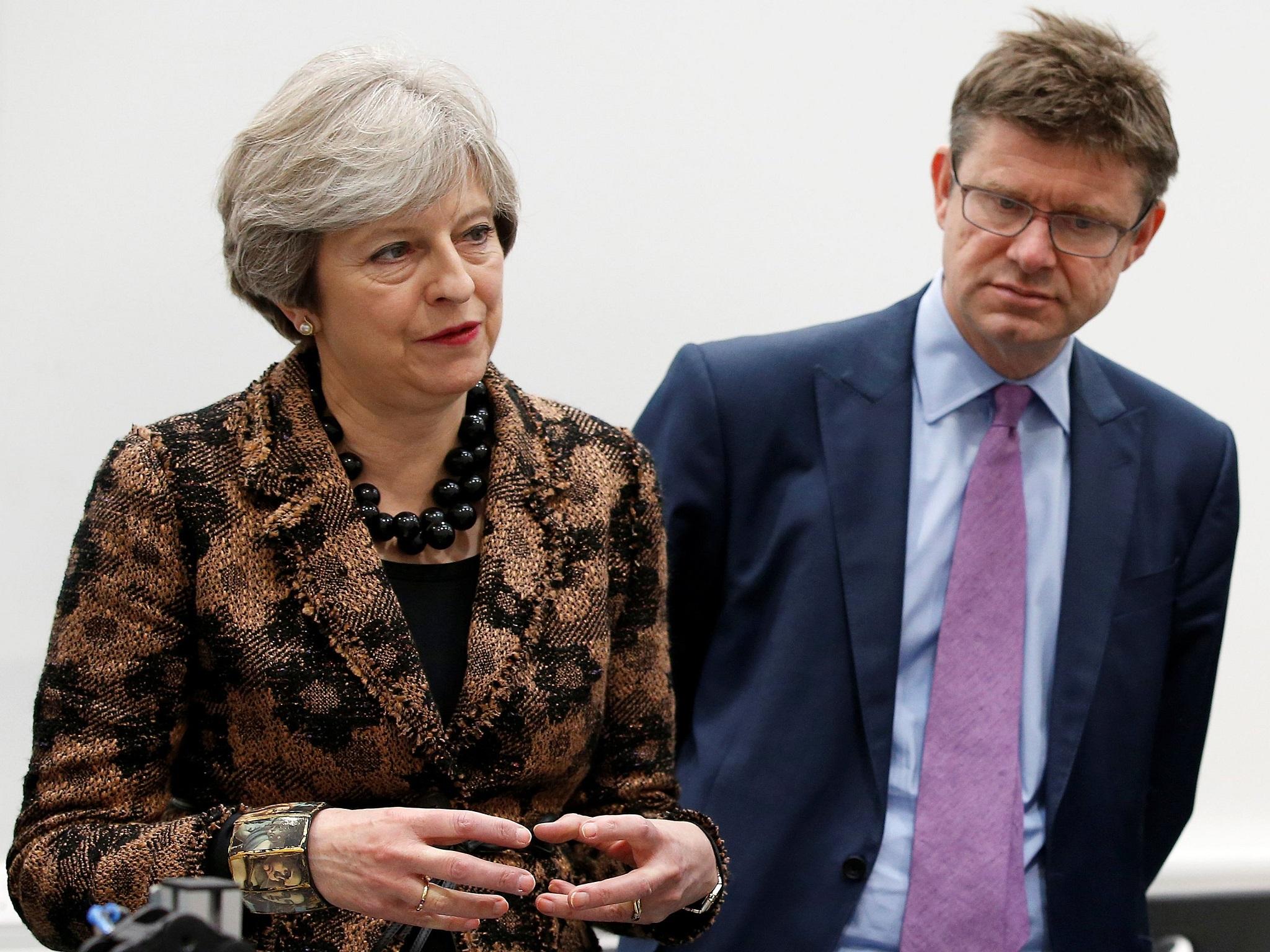UK business groups gave a broadly positive welcome to the Government’s new “industrial strategy” white paper, which was published on Monday.
Stephen Martin, director general of the Institute of Directors, said the document “identifies the key challenges that the UK will need to overcome if businesses are to remain competitive”.
Adam Marshall, the head of the British Chambers of Commerce, said the concerns of firms had been “listened to” by the Business Secretary Greg Clark during the consultation period.
Mike Cherry, chair of the Federation of Small Businesses, welcomed, in particular, the focus on improving technical skills, new physical and digital infrastructure and increased research and development spending.
But the CBI warned that the Government needed to focus on delivery. “This is a time for consistency and determination, not perpetual change with the political winds,” said Carolyn Fairbairn, its director general.
And the Conservative Party grandee and veteran of previous attempts to boost the productivity of British industry Michael Heseltine said on Sunday night that the best industrial strategy for the UK now would be to “stop the Brexit initiative”.
When Theresa May became prime minister in 2016 she promised a “proper industrial strategy” with the implication that the strategy of the government under David Cameron’s leadership had been inadequate.
The document published on Monday strategy is built around meeting what are described as four “grand challenges”:
- Artificial intelligence
- Clean growth
- Ageing society
- Future of mobility
It also has identifies five focuses for improving the UK’s productivity deficiencies:
- Ideas
- People
- Infrastructure
- Business environment
- Place
The Government outlines a goal to raise R&D (research and development) investment throughout the economy to 2.4 per cent of GDP by 2027. Such spending in the UK (public and private combined) currently stands at 1.7 per cent of GDP, which is relatively low by OECD standards.
Last week’s Budget outlined plans to increase the R&D tax credit to 12 per cent.
However, Mark Tighe, CEO of the R&D tax specialist, Catax, called the R&D tax move “tinkering”. “The industry was looking for a rise of 4 per cent in R&D tax relief to 15 per cent. Instead, it’s stuck with a raise of 1 per cent ...This isn’t change on a scale that will supercharge the potential in our economy as many would wish,” he said.
The public sector investment package laid out by the Chancellor at the Budget last week also fell short of the 1 per cent of GDP (£20bn) a year increase by 2020-21 that the IPPR think tank was calling for. The IPPR had suggested that at least half of this additional infrastructure funding should go on the industrial strategy.
The Office for Budget Responsibility severely downgraded its productivity growth forecasts for the UK last week. And most economists expect that Brexit will set back productivity growth further, by erecting barriers to trade between the UK and its biggest commercial partner and also by restricting the supply of high-skilled immigrants.
Surveys show that many UK firms are holding back on investment while they wait to see what kind of trade deal, if any, the Government is able to conclude with the rest of the EU.
Subscribe to Independent Premium to bookmark this article
Want to bookmark your favourite articles and stories to read or reference later? Start your Independent Premium subscription today.


Join our commenting forum
Join thought-provoking conversations, follow other Independent readers and see their replies